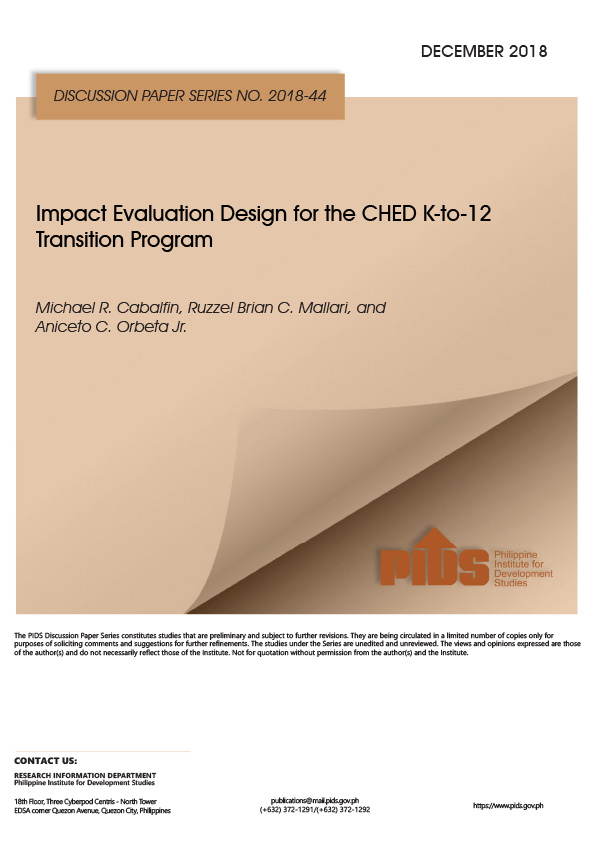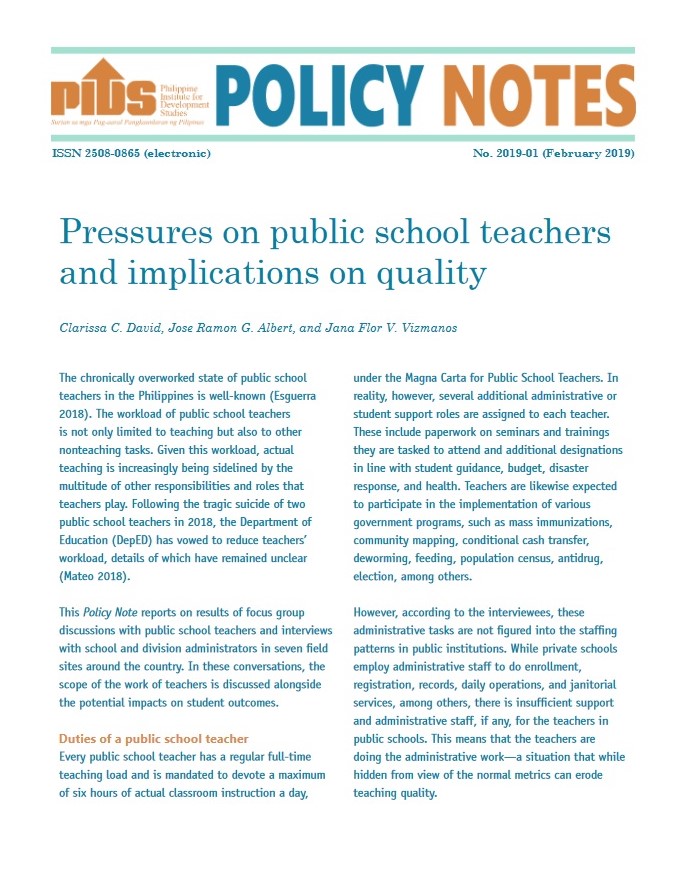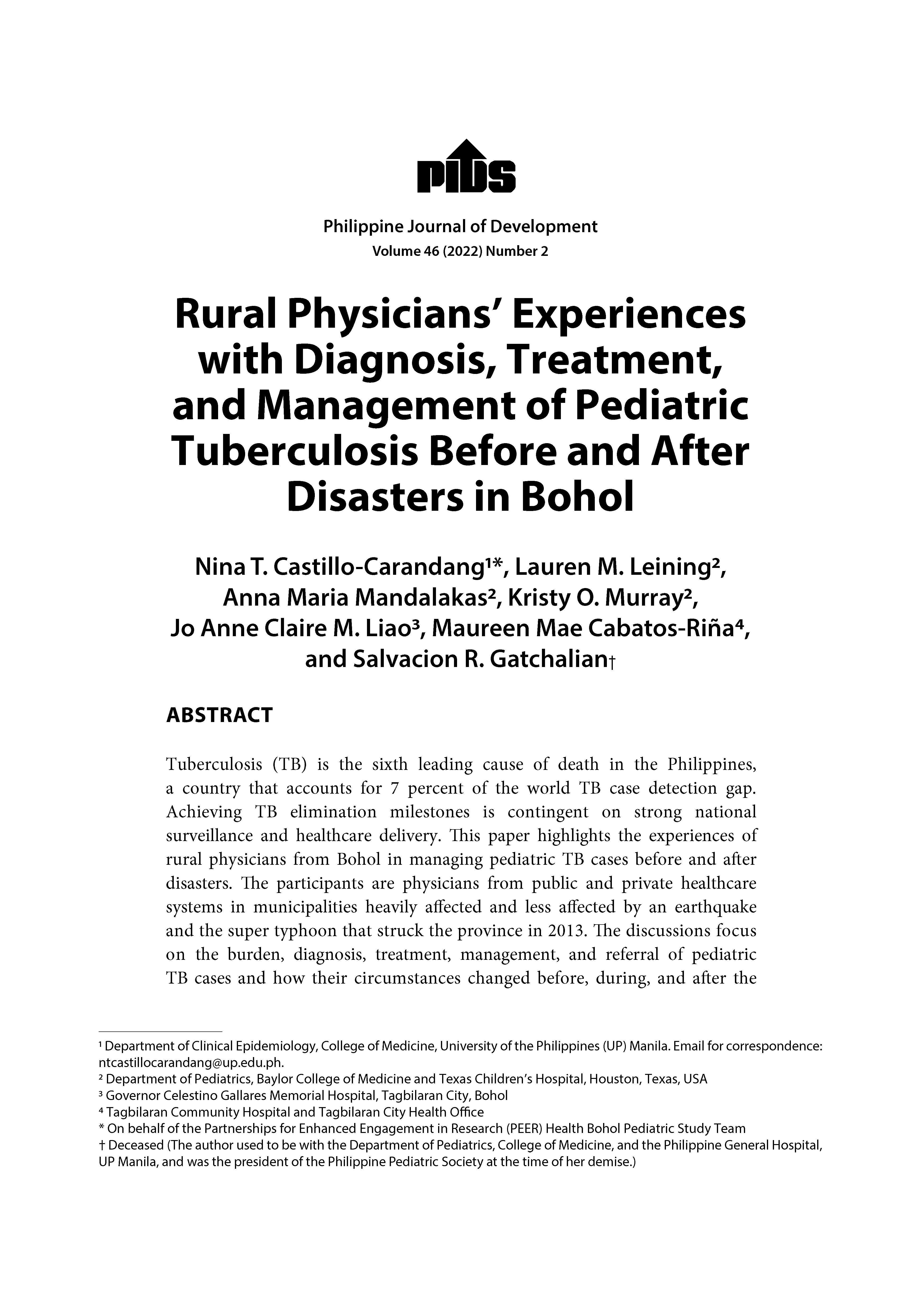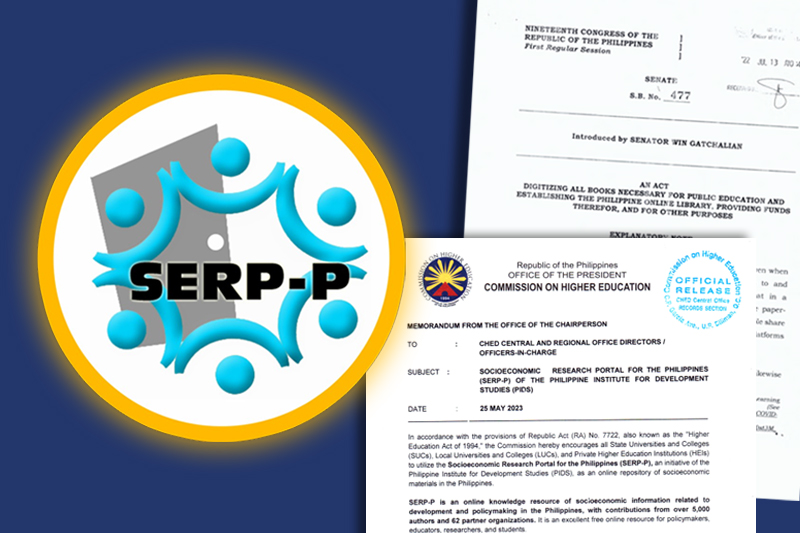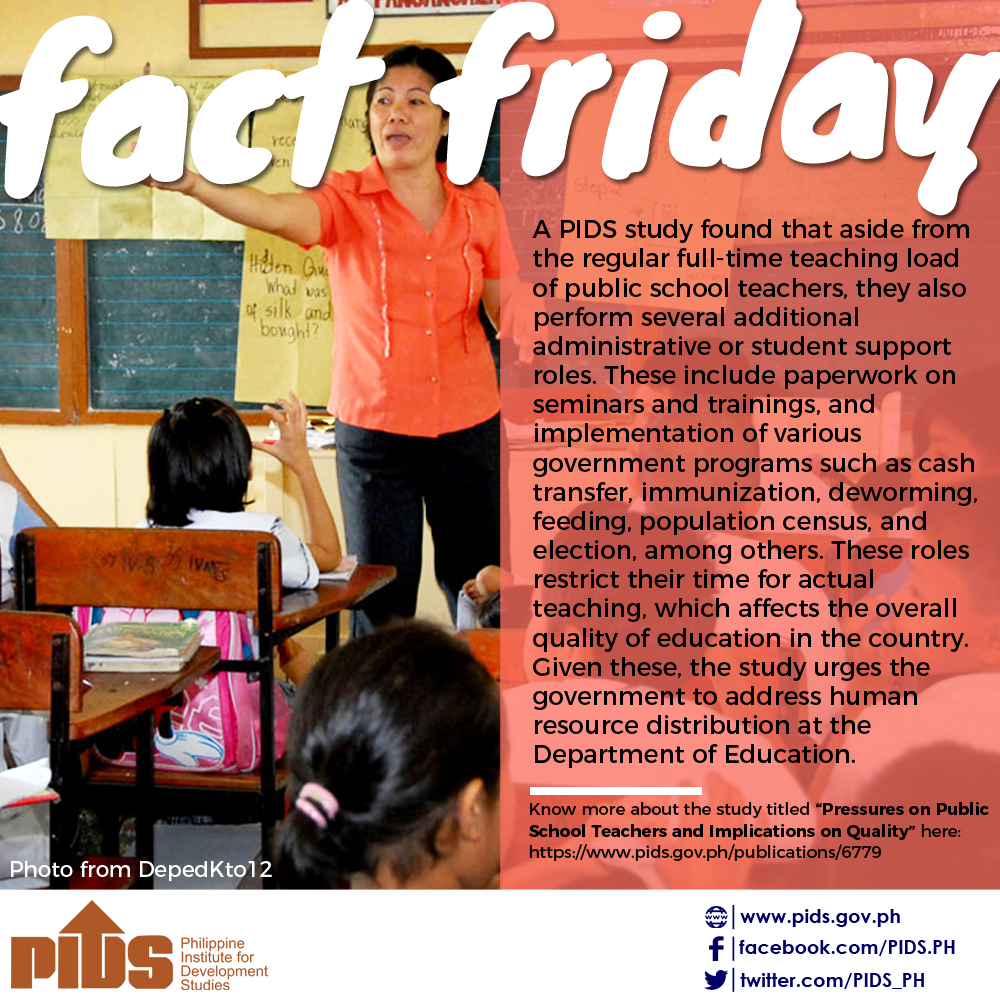In an effort to address the concerns of thousands of higher education personnel to be displaced due to the K to 12 Program, the Commission on Higher Education (CHEd) has announced the "development packages” for faculty and staff who will experience a much lower workload during the K to 12 transition.
CHEd, as part of its K to 12 transition initiatives in higher education, said that the development packages will be available "with the view of not only curbing the adverse effects of the transition but also, and more importantly, upgrading higher education in the country.”
Under the scholarships for graduate studies and professional advancement, CHED will give a total of 15,000 scholarships to higher education personnel — for 8,000 to complete master’s degrees and another 7,000 to finish doctorate degrees.
For development grants for faculty and staff or for those who may not wish to go on full-time study, CHED said that they "may still avail of grants that will allow them to retool, engage in research, community service, industry immersion, and other programs throughout the transition period.”
CHED is also set to offer innovation grants for institutions. HEIs may apply for innovation grants to fund the upgrading of their programs through: (1) international linkages, (2) linkages with industry, (3) research, or (4) the development of priority, niche, or endangered programs. "The policies determining qualifications, requirements, and modes of disbursal for the Development Packages are currently being finalized,” the Commission explained.
CHEd has admitted that the K to 12 "transition period” — which refers to the five-year period from School Year (SY) 2016-2017 until SY 2020-2021, in which students nationwide will enroll in Senior High School (SHS) instead of going straight to college — "will see severe reduction in college enrollment, meaning private higher education institutions, which depend on tuition fees for salary and operations, will have to let go of some of their people.”
However, CHED dismissed earlier reports that 80,000 people will lose their jobs. "The latest estimates peg it at around 25,000 over five years,” the Commission said.
CHED, together with the Philippine Institute for Development Studies (PIDS) and the University of the Philippines Population Institute (UPPI), has come up with the estimates on the number of people who may lose their jobs over the five-year transition.
The said study showed that the 25,000 estimated HEI personnel to be displaced is based on the latest data from CHED or November 2014 survey of higher education institutions and their faculty.
CHED said that this takes into account the latest data from the Department of Education (DepEd), namely, that 637 higher education institutions will open and operate senior high schools as of May 31, 2015. "This means they will continue to have enrollees and can keep their personnel through the transition period, and may even need to hire more teachers later on,” the Commission said. "More higher education institutions are expected to open senior high schools as 2016 draws nearer,” CHED added.
CHEd offers ‘dev’t packages’ to teachers affected by K to 12
Related Posts
Publications
Press Releases
Video Highlights
[No related items]

